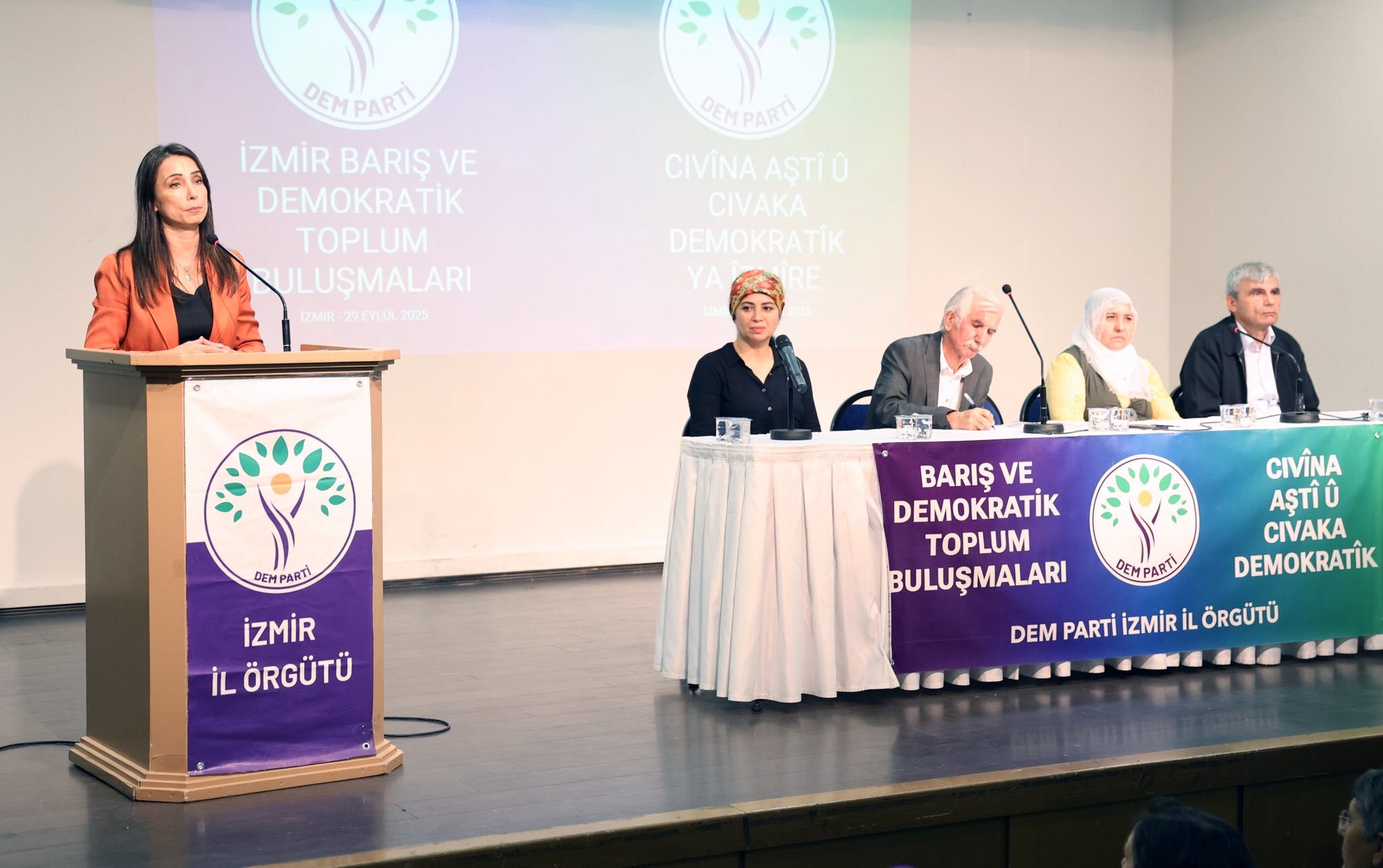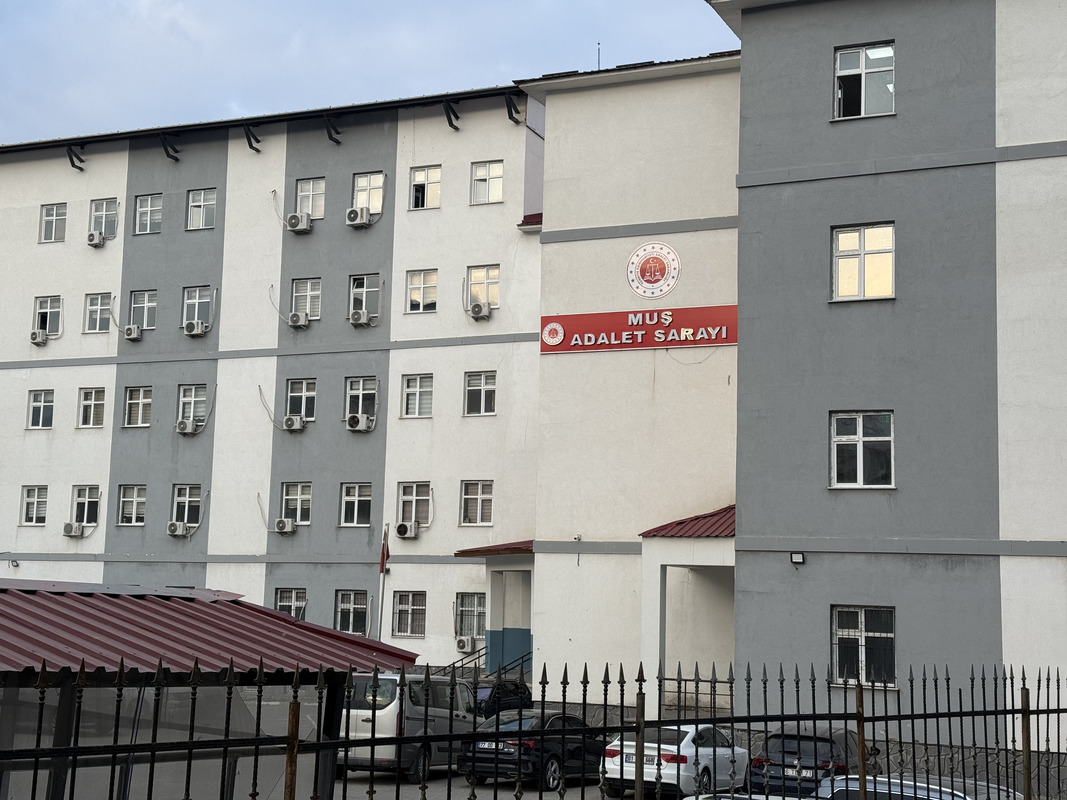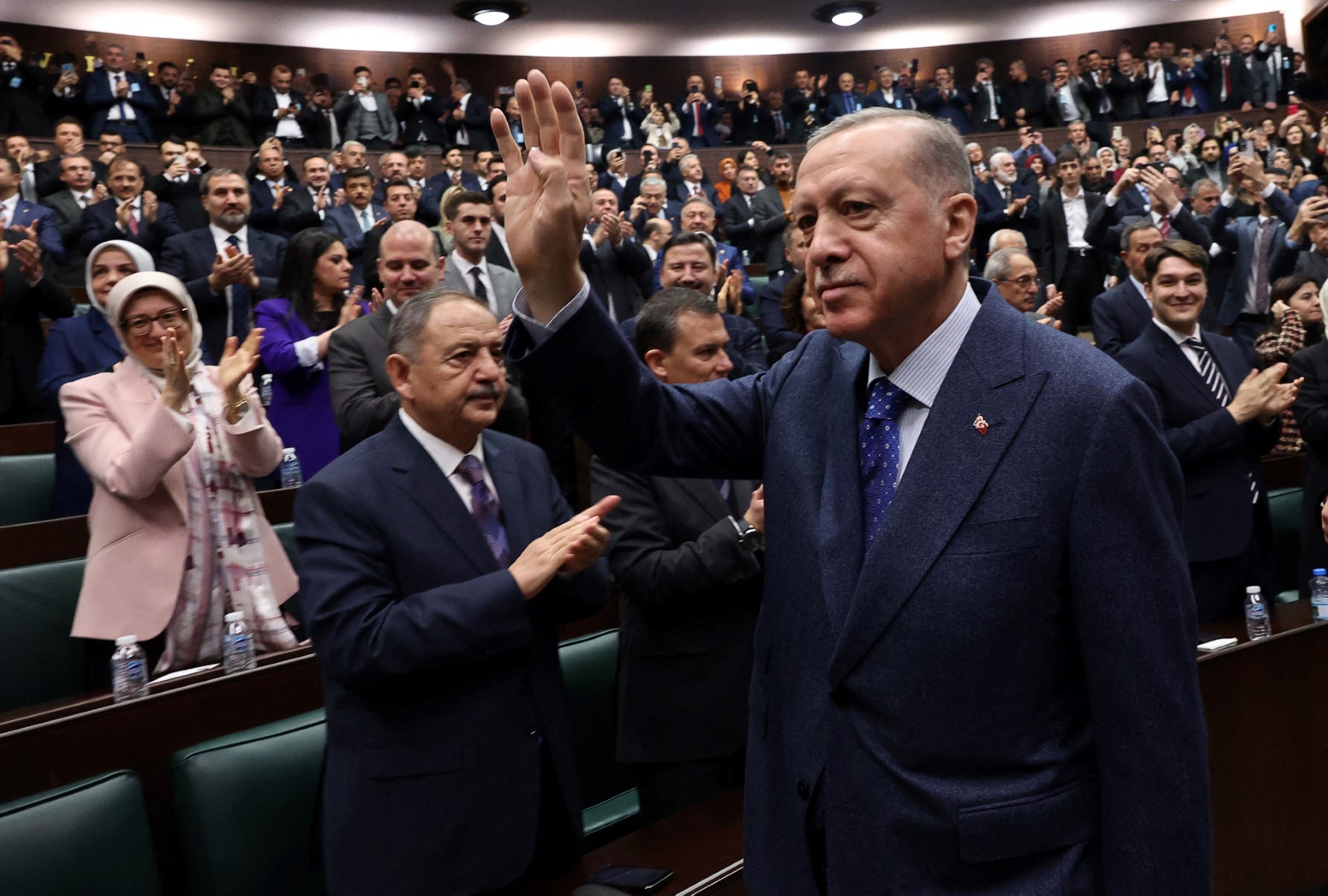DEM Party Expects More Determination for Peace Process from the Government
Picture Credits: DEM Party Facebook Page
The process that began with Kurdistan Workers’ Party (PKK) leader Abdullah Öcalan’s call for “Peace and Democratic Society” entered a new phase when the PKK decided to end armed struggle at its 12th Congress, held in May 2025. Two months later, a group of 30 guerrillas, led by Kurdistan Communities Union (KCK) co-chair Besê Hozat and PKK Central Committee Member Nedim Seven, burned their weapons in Silêmanî (Sulaymaniyah). Following these developments, the “National Solidarity, Brotherhood, and Democracy Commission” was established in the Turkish Parliament. It held its first meeting on 5 August. The commission’s task is to listen to relevant parties and experts involved in the resolution process. Once the listening phase is complete, the Commission is expected to prepare the ground for more concrete legal work and lasting peace regarding the resolution of this decades-old issue.
“The political establishment, which has been the addressee of the lack of resolution, is now demonstrating the will to become the addressee of a solution.”
Speaking to The Amargi, Peoples’ Equality and Democracy Party (DEM Party) deputy, Commission member, and İmralı delegation1 member Cengiz Çiçek assessed the Commission’s work under three headings. First, he noted that the involvement of parties in the peace process in parliament can be seen as a mechanism for “self-criticism” in politics. Çiçek says that: “The political establishment, which has been the addressee of the lack of resolution, is now demonstrating the will to become the addressee of a solution.”
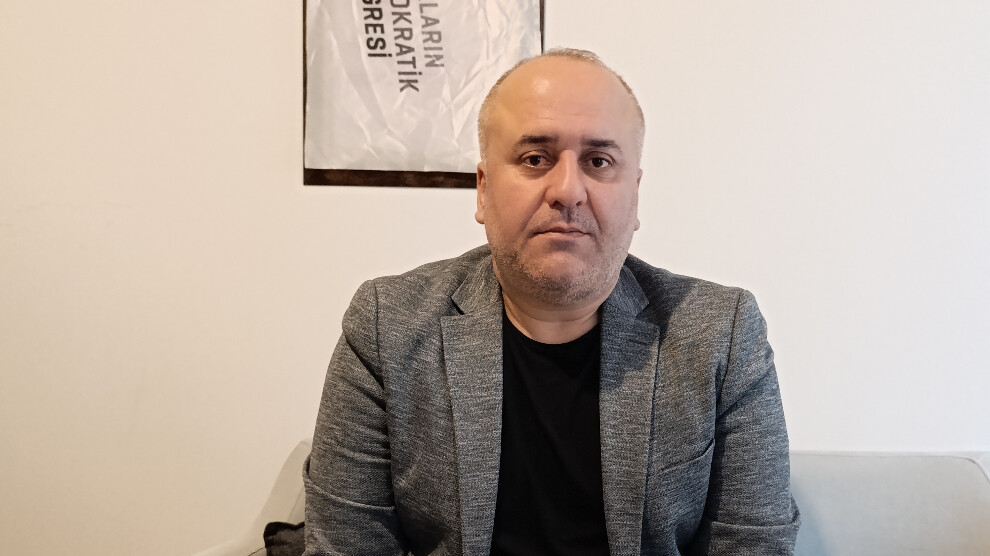
Secondly, the Commission is seen as the foundation upon which concrete efforts for lasting peace will be built. At this point, the DEM Party emphasizes that the actors who have been calling for peace from the very beginning of the process must be heard. According to Çiçek, without Abdullah Öcalan’s contribution, the Commission’s legitimacy will remain weak.“This Commission has further tasks to perform. We are currently in the listening phase, but once this listening phase is complete, particularly after the Commission hears from Mr. Öcalan, it is necessary to look at the past from the perspective of resolution, justice, and peace. It is also necessary to make changes to the relevant legal regulations and prepare proposals for the laws required by the new process.”
The third dimension the politician mentioned is social consent. Indeed, the Commission will not only affect members of Parliament but also the masses they represent. According to Çiçek, “This process does not just take place between political parties; it should also include society, organized members of society, experts, and institutions on the path to social peace. In this sense, we can say that the Commission also has the task of building social consent.”
Requirements of the Process
“…it is not only the Kurds and the Kurdish movement that must take steps; the state itself must also transform its own mentality, encourage a transformation of political and social mindsets, and make efforts towards necessary political moves and legal regulations.”
The DEM Party emphasizes that peace and integration within the framework of a democratic society cannot be unilateral. Çiçek explains the situation as follows: “…it is not only the Kurds and the Kurdish movement that must take steps; the state itself must also transform its own mentality, encourage a transformation of political and social mindsets, and make efforts towards necessary political moves and legal regulations.” Çiçek adds that the steps required for democratic integration are crucial at this point. The DEM party has completed several drafts for legislative proposals, including the Execution of Imprisonment and Security Measures Law. After the listening phase, it plans to submit them to the Commission.
Establishing a common language in the process is crucial to revealing the intentions and approaches of the parties involved. The framing of the so-called Kurdish issue through language around “terrorism” has been a major obstacle to a potential resolution for years. Regarding this point, the DEM Party deputy Çiçek states that his partyis working to develop a solution and peace-oriented language by holding preliminary meetings with invited individuals and institutions, expecting all parties to take the same responsibility: “A clean, fair, factual, and objective language should be used; while it is not mandatory to agree with other political views, there is a need for an approach and language that respects the truth, focuses on solutions, and ensures that the process creates a foundation for lasting peace.”
The Struggle against the Censorship of the Kurdish Language
In the Commission’s 5th session on 20 August 2025, the Peace Mothers, founded in 1999 by a group of Kurdish mothers who lost their children in the war, were also heard. The speakers’ desire to speak in Kurdish was rejected, however. This, coupled with the continued lack of steps toward legal reforms, became a point of criticism, raising questions about the Commission’s functionality and highlighting the multidimensional and multilayered nature of the so-called Kurdish issue.
DEM Party representatives see this obstructive and censorial approach as an occasion for struggle. Çiçek adds: “We had warned our counterparts about this aspect even before the hearings. We stated that any prohibitive or obstructive approach regarding the Kurdish language undermines the legitimacy of the Commission and casts a shadow over it. Indeed, these discussions have proven us right. Those who take this obstructive stance must learn from this.”
At the moment, the DEM Party views the process not merely as the work of a technical commission, but also as a new phase of struggle. The discussions about the Kurdish language once again reveal the centuries-old roots and complexity of the issue: “This problem did not arise overnight. It is a solidified, layered, century-old problem. It is as old as the history of the Turkish Republic. It is an issue that has been shaped through denial in many dimensions—social, political, economic, cultural—from the founding of the Republic to the present day. Therefore, even if we as Kurds have won our historical struggle for existence, the powers within the system, the proponents of nationalist and nation-state approaches, still maintain their rigidity to a certain extent, albeit not as rigidly as before. This means that we need to make more progress on this issue”, says Çiçek.
One of the most significant shortcomings of the process at present is that Abdullah Öcalan has not yet been heard by the Commission. As Çiçek also emphasized, with his 52 years of struggle, Öcalan is one of Turkey’s most experienced political actors. His 32 years of experience in working towards peace and resolution since 1993 make him the main actor in the process.
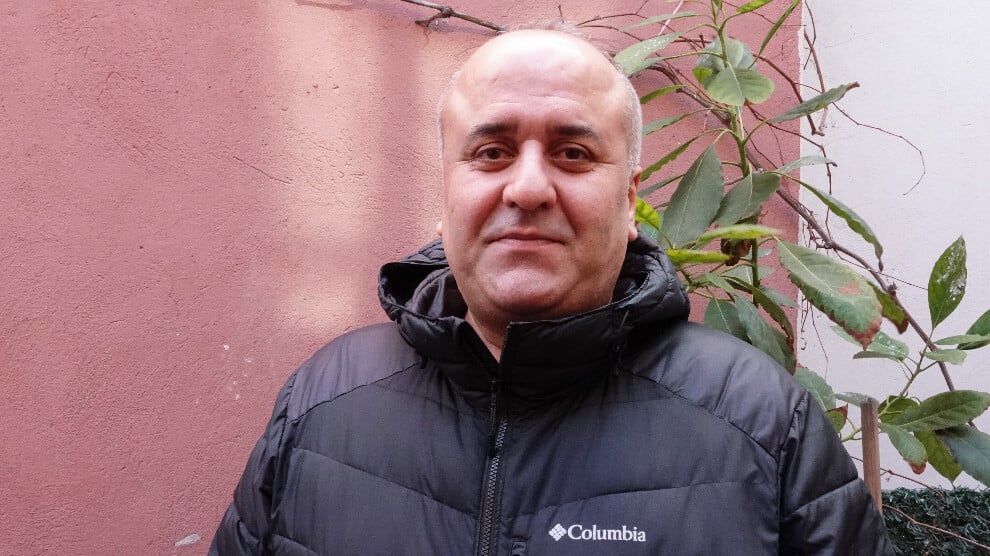
The Regional Dimension
The process of peace and democratic society in Turkey is also intertwined with the current dynamics in the Middle East, particularly Rojava (western Kurdistan/northeast Syria) and Syria. The DEM party representative reminds that this issue does not concern only the Kurds or the Republic of Turkey. “All relevant states and actors in the Middle East and even around the world are directly or indirectly involved in this issue. Therefore, we are facing a multidimensional, multi-layered problem. This historical context and current situation show us that we must address certain issues more seriously, with more discipline and responsibility.”
“The Commission is a mechanism that emerged from the political will of the parties, namely, Kurdish politics and the ruling bloc. It is particularly the state, the government itself, that must embrace this process. They must approach this process with greater determination and a greater sense of responsibility.”
At this point, the DEM Party spokespersons emphasize that focusing solely on the Commission’s internal agenda is insufficient for a solution and that the work must be viewed within a broader political will. Çiçek emphasizes the responsibility of the ruling party: “The Commission is a mechanism that emerged from the political will of the parties, namely, Kurdish politics and the ruling bloc. It is particularly the state, the government itself, that must embrace this process. They must approach this process with greater determination and a greater sense of responsibility.”
The DEM Party, for its part, states that it is approaching the phase with more discipline and preparation. “We have completed draft legislation on at least six or seven topics. We have prepared detailed drafts on many articles of law, including the execution law. We will submit these to the Commission after the hearings.”
In this sense, the Commission’s success will be measured not only by its ability to organize hearings, but also by the concrete political will it demonstrates and its capacity to implement that will. Since the situation of the Kurdish people and the issue of their rights are a deep-rooted and long-delayed democratization issue in Turkey, the search for a solution also requires accounting for all of Turkey’s democratization dynamics, as well as democratic processes in Rojava and the Middle East, and taking action accordingly.
- The İmralı Delegation is a group of representatives of the Kurdish political movement—members of parliament or lawyers who travel to the İmralı Island Prison where Abdullah Öcalan has been held since his capture. For years they have been meeting with Öcalan during such processes and they convey messages to the public and relevant political actors. ↩︎
Şilan Bingöl
Şilan Bingöl is an independent researcher who studied sociology at Galatasaray University and Ecole Normale Supérieure de Lyon. Her master's thesis is on media sociology.

